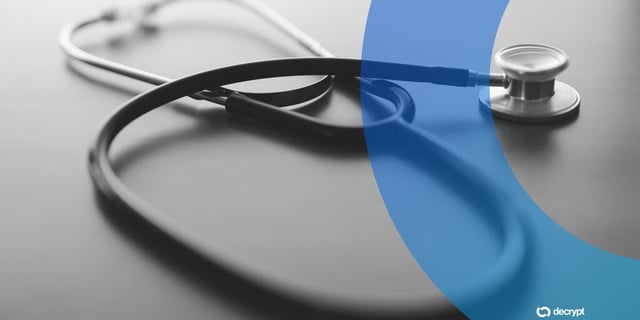Overview
- Delphi-2M was trained on 402,799 UK Biobank records and evaluated without retraining on 1.9 million Danish patient histories, preserving substantial accuracy across datasets.
- The model achieved about 76% accuracy for near-term risk forecasting and around 70% at a 10-year horizon across more than 1,000 diagnoses.
- Medical histories are modeled as sequences of ICD-coded events using a compact, modified transformer with continuous age encoding and an exponential waiting-time component to estimate timing.
- Performance matched or exceeded established single-disease tools in many cases, including cardiovascular disease and dementia, while also assessing co-morbidities in a single framework.
- The system can generate realistic synthetic health trajectories and train secondary models with near-comparable accuracy, though biases in the UK Biobank cohort, recording quirks such as inflated septicemia rates, and controlled access to trained weights keep it a research tool; training code is available under an MIT license on GitHub.


